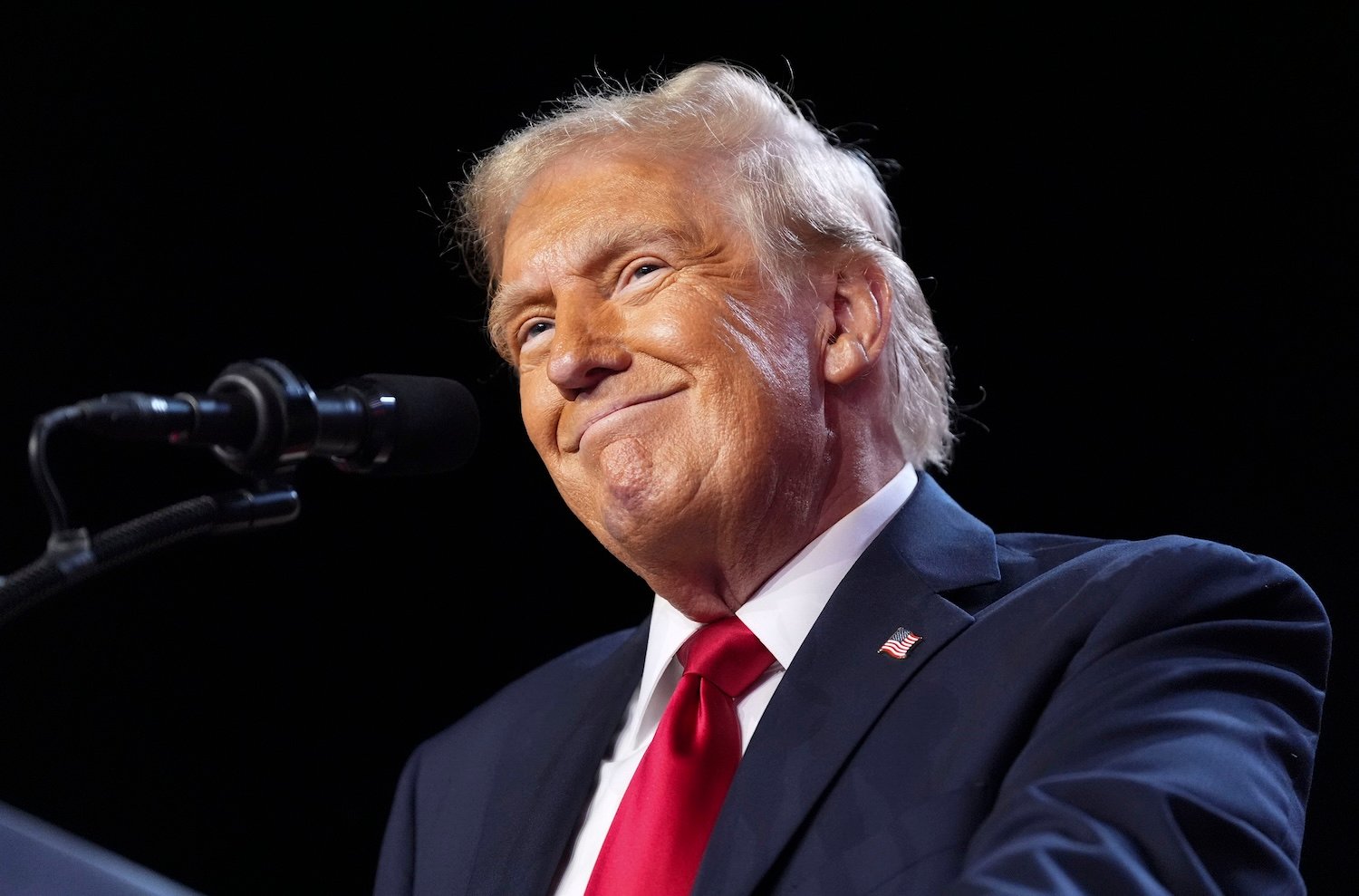Executive Order Seeks to Empower Elon Musk’s Department of Government Efficiency (DOGE) to Downsize the Federal Workforce
Recently, President Donald Trump has issued another executive order aimed at further empowering Elon Musk’s Department of Government Efficiency (DOGE) to reduce the size of the federal workforce and improve the efficiency of government agencies. This new order instructs agencies across the government to prepare for "reductions in force" or RIF, which is essentially code for large-scale layoffs. As part of this effort, agency heads are advised to collaborate closely with DOGE representatives to implement the plan.
Structure and Transparency Issues
The order states that agencies should hire no more than one employee for every four employees departing, with new hires carried out in collaboration with DOGE. This measure is intended to create a more streamlined and efficient government workforce. However, concerns have been raised about the legality of DOGE’s actions, with transparency organizations, such as American Oversight, filing lawsuits against the agency for various FOIA (Freedom of Information Act) requests.
American Oversight Sues DOGE Over Secrecy and Lack of Transparency
The American Oversight organization recently sued DOGE over numerous Freedom of Information requests, seeking to uncover the agency’s goals and activities. The suit claims that the Trump administration’s reorganization of the U.S. Digital Service to create DOGE was intended to evade FOIA. The group is seeking Musk’s communications to shed light on his organization’s activities.
The Intersection of DOGE’s Goals and Republican Budgetary Aspirations
The relationship between DOGE’s objective of downsizing government agencies and the Republican Party’s budgetary aspirations to scale back spending on public services is complex. During the first hearing of the House’s Committee on Oversight and Government Reform’s DOGE subcommittee, Subcommittee Chairwoman Marjorie Taylor Greene emphasized the need to combat government "waste" and described government spending as "debt slavery." However, experts argue that a leaner government does not necessarily mean less debt, and the Republican Congress is focused on providing tax breaks to billionaires rather than reducing spending.
GOP Budget Proposal and Deep Cuts to Healthcare and Anti-Poverty Programs
The current GOP budget proposal would add $3 trillion to the national debt over the next decade, primarily funding tax breaks for billionaires. To finance these tax cuts, Republicans plan to make deep cuts to healthcare and anti-poverty programs that benefit millions of Americans. This move has been met with criticism, as it prioritizes tax breaks for wealthy individuals over essential public services.
The Math Doesn’t Add Up
Critics point out that the GOP’s budget proposal and Musk’s efforts to reduce government spending and downsize agencies do not align with the facts. During Trump’s first administration, he reportedly added more to the national debt than any other U.S. president. Much of this debt was incurred through giant tax breaks for billionaires, which have not been addressed in the current proposal.
The irony of DOGE’s Focus on "Government Waste" and "Fraud"
Musk’s focus on "government waste" and "fraud" is ironic given the Trump administration’s actions to dismantle internal watchdog services, including the firing of a number of inspector generals. These IGs are tasked with rooting out fraud and abuse at government agencies. Some of the terminated IGs are now suing the government, calling the firings "illegal" and claiming interference with their official duties.
As the debate on government spending and downsizing continues, it is essential to scrutinize the actions of both DOGE and the Republican Congress to ensure transparency and accountability.
Source Link





